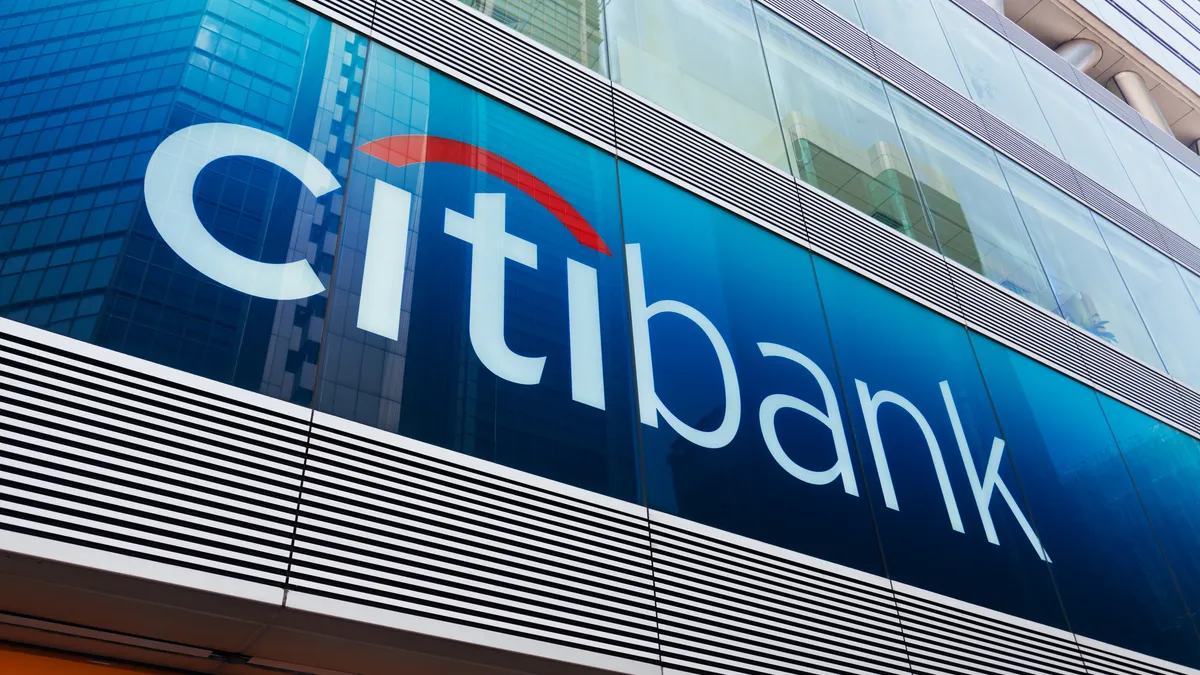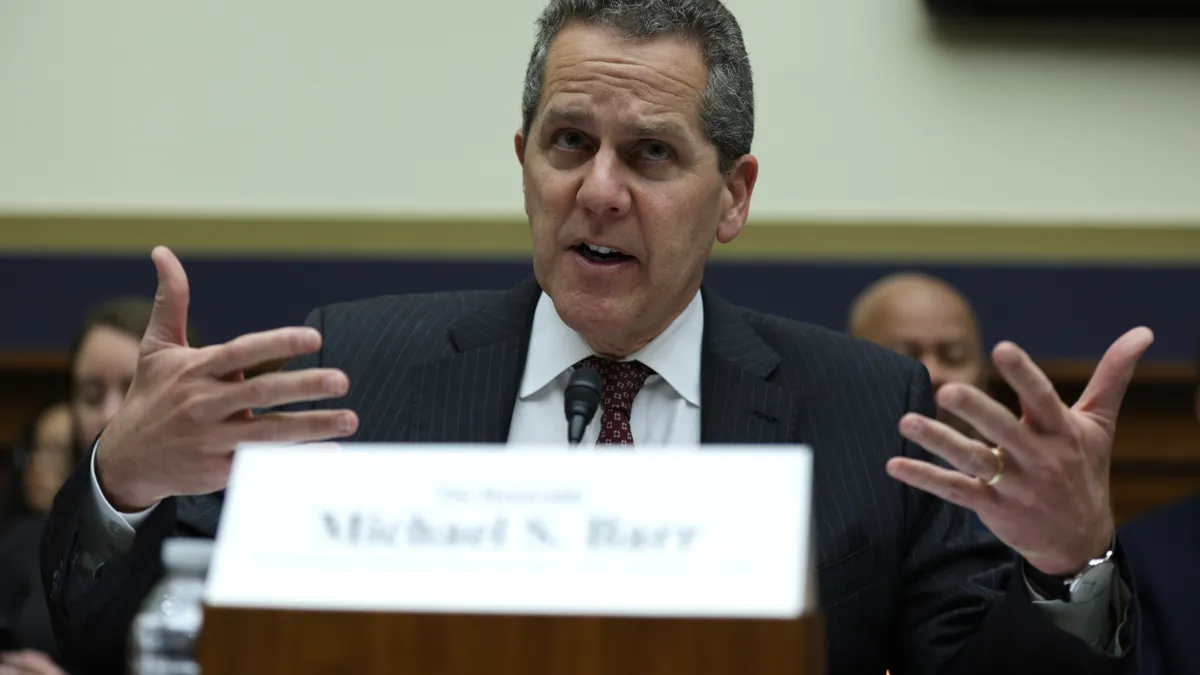March is turnover season. Banks have doled out their year-end bonuses. Bankers reevaluate their prospects. Some jump.
So the departure late last week of three Citi executives in two separate announcements may not measure more than typical annual flight.
Then again, departures come in waves, often triggering other moves along the way.
It was around this time last year when the chief executive and head of large partnerships at Goldman Sachs’ Marcus left to take executive roles at Walmart’s fintech startup. Within days, news of other departures rippled through the investment bank — a co-head of asset management here, the general counsel there.
A month later, Goldman’s communications chief left. So did Marcus’ head of product — just three months after taking a new role.
Throughout the spring and summer, executive losses mounted. Leading officers in technology and risk left Goldman for Credit Suisse. The bank’s chief diversity officer went to Citi. And two CFOs moved on — one to JPMorgan Chase, and the other, to become CEO at car-rental giant Hertz.
At Citi, Greg Girasole and Alex Kriete, the two executives slated to lead the bank’s nascent digital-assets group, announced Thursday on LinkedIn they’d be leaving to start their own crypto venture. Each promised more details in the coming weeks.
“It was at Citi where my passion for digital assets began, culminating in the opportunity to lead the effort to bring this new asset class to their Global Wealth franchise,” Girasole wrote on LinkedIn. “I am proud of the foundation we set, and will cheer their future success.”
Girasole joined Citi in 2014 as assistant vice president for investments. Kriete has an even longer history at Citi, joining in 2011 as an analyst in private banking.
Citi tapped the pair in June to “be responsible for developing our future product capabilities, client delivery mechanisms and thought leadership around all digital assets," and serve as liaisons to "all other business groups at Citi who are expanding into this rapidly emerging space.”
“Over five years ago my personal interest and subsequent writing about blockchain-enabled digital assets (yes, “crypto”) led to an amazing network of colleagues across Citi businesses, external companies and interested clients, and at this time I will be taking on a new challenge professionally by creating a new company in this space,” Kriete wrote Thursday on LinkedIn. “Unsurprisingly to those who know me, I believe digital assets will continue to grow in importance to global capital markets and the formation of new business models, and I could not be more excited to assist in the maturation of this market.”
Girasole and Kriete wouldn’t be the first Citi executives to shift to the crypto track. Sabrina Wilson, who until December, served as the bank’s global co-head of futures, last week was named chief operating officer at Copper — the software developer that (also last week) partnered with State Street to offer crypto custodial services to the bank’s institutional customers. State Street and Citi, interestingly enough, rolled out their initial crypto efforts within weeks of each other last year.
Still another longtime Citi exec is headed for the fintech field. Dan Keegan, the bank’s head of equities trading for the North American market, is leaving to start an investment fund focused on fintech companies, according to a Citi internal memo seen Friday by The Wall Street Journal.
Keegan joined Citi in 2007, when the bank acquired Automated Trading Desk. Before his latest role, Keegan served as co-head of global equities and helped lead a move to combine Citi’s equities business with its securities-services efforts, though that strategy was later abandoned.
Citi is launching a search for Keegan’s replacement, the bank said. Meanwhile, it named Mike Saraceni as interim head of equities trading for North America, according to the Journal.
A spokesperson for Citi did not comment to Bloomberg on Kriete and Girasole’s departures.
The flight of three executives from disparate units of a giant bank within a day of each other may not signal a sea change of turnover. Then again, if leaders within the bank continue to leave, observers may mark this point in time as a trigger.
Twice the churn?
As it stands, banks could see double the churn this year that they would otherwise, recruiters told Reuters. That estimate encompasses those who waited to switch jobs until a lull in the COVID-19 pandemic, and those who may feel some burnout from the surge in deal activity last year.
"We have been telling our clients for over a year now that they would have a 'double year' in 2022 in terms of turnover," said Alan Johnson, managing director of the consultancy Johnson Associates. "You're getting two years' worth of people who wanted to quit.”
Additionally, market volatility exacerbated by Russia’s invasion of Ukraine could make it increasingly likely that bonuses at the end of this year won’t be as robust as 2021, leaving some bankers with less of an incentive to stay put.
"This is the recruiting moment," Marc Cooper, chief executive of Solomon Partners, told Reuters.
But the itch to leave for greener pastures may not be limited to mid- or later-career execs. First-year analysts at Citi groused on the “Litquidity” Instagram and Twitter accounts that their 2021 bonuses were "significantly lower" than rival banks, Reuters reported, citing comments from January.
"The banks that didn't pay above average are going to lose a lot of talent and are probably going to struggle to recruit new talent," one New York-based recruiter told the wire service.



















